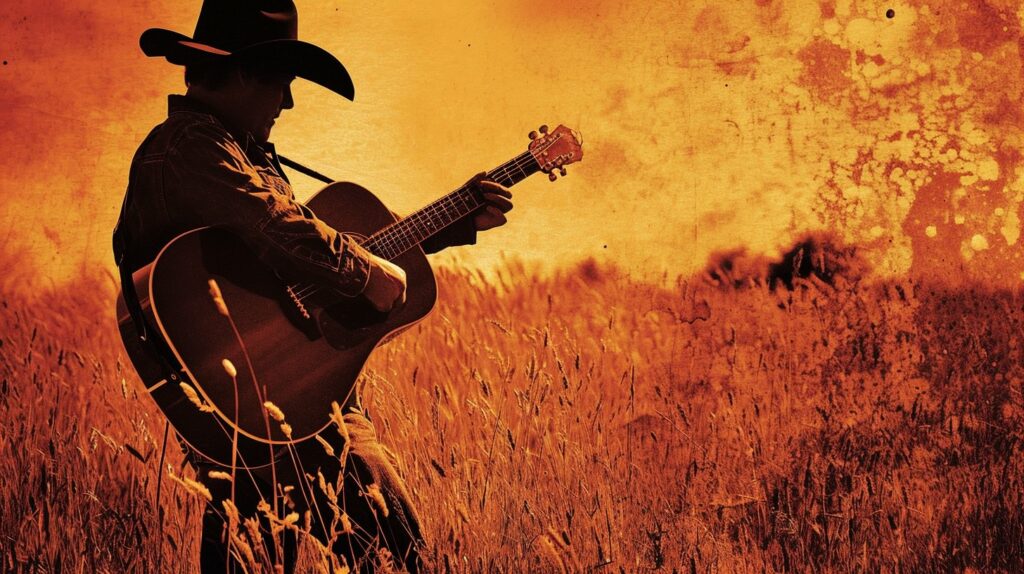Country music, a genre deeply entrenched in American culture, often triggers strong reactions. It has its enthusiasts, but there’s also a considerable group that actively dislikes it. The primary reason for this aversion? A subgenre known as “bro country” or pop country, which many listeners feel misrepresents the essence of country music.
The Downside of Pop Country
Pop country’s influence has significantly shaped the public perception of the genre. A major criticism is its focus on repetitive themes, like drinking, women, trucks, and other clichéd topics. This not only becomes monotonous but also undermines the genre’s rich storytelling tradition.
In addition to thematic repetition, bro country is also criticized for its musical sameness. Songs often bear striking similarities, leading to what some describe as the “familiar drone of low-quality radio country.” This lack of musical diversity, combined with superficial lyrics, fuels widespread disdain for the genre.
Country Music’s Conservative Image and Resistance to Change
Another aspect fueling the dislike towards country music is its association with an outdated, conservative mindset, often attributed to the average country music fan. This perception can make the genre seem unappealing or irrelevant to more progressive audiences.
A notable example of this tension was Tyler Childers’ 2023 music video for “In Your Love,” which depicted a gay relationship. This move, while progressive, upset many traditional country music fans, illustrating the deep-seated resistance to change within the genre. Such incidents reinforce why many continue to view country music unfavorably, seeing it as clinging to outdated norms, much like the “dying flag of the south.”
The Hidden Gems of Country Music
Despite these criticisms, it’s unfair to categorize all country music under these negative stereotypes. Artists like Jason Isbell, Tyler Childers, and Sturgill Simpson offer a stark contrast to the bro country style. Their work, rich in storytelling, musical complexity, and emotional depth, showcases the true potential of country music.
A case in point is Morgan Wallen’s rendition of Jason Isbell’s “Cover Me Up.” Wallen’s version introduced the song to a wider audience, though it overshadowed Isbell’s authentic artistry. Such incidents highlight a recurring problem in country music: genuine talent being eclipsed by more commercial, less innovative artists.
Conclusion
The disdain for country music often arises from a limited exposure to its pop country subset. This subgenre, with its repetitive themes and musical homogeneity, offers a skewed representation of what country music entails. Beyond the mainstream, artists like Isbell, Childers, and Simpson are creating profoundly meaningful and artistically rich music.
Listeners should explore beyond the surface to appreciate the genre’s diversity and the talent of its lesser-known artists. By doing so, they might find that country music, in its truest form, is more varied and profound than its popular stereotype suggests.
This exploration might also reveal the ongoing efforts by some artists to evolve the genre, challenging its traditional boundaries and outdated perceptions.
